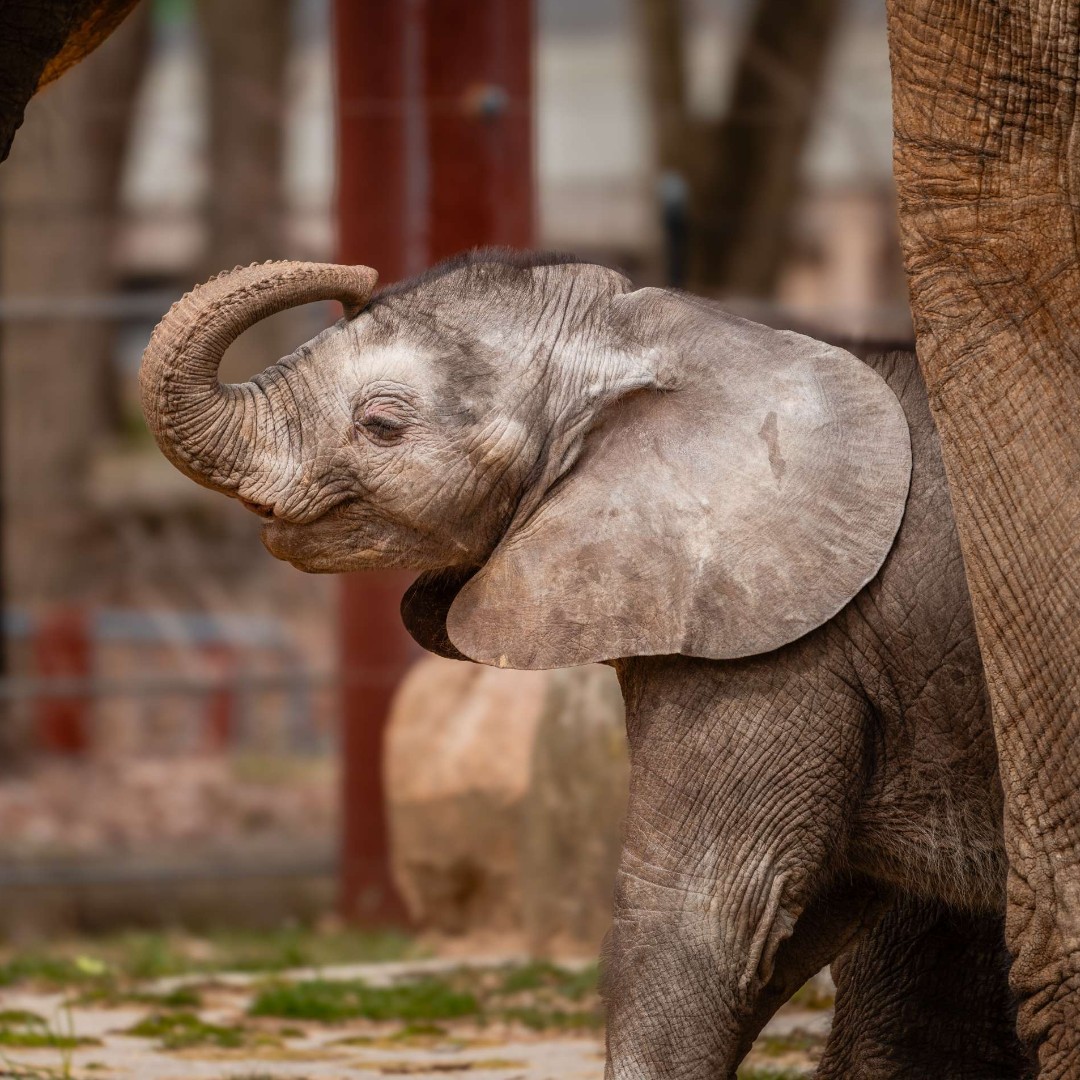– The role of elephants in biodiversity and their conservation status
– An overview of zoo elephant breeding programs and their contribution to species survival
– Elements of successful zoo event planning to engage the public in wildlife conservation
– Importance of community involvement in wildlife conservation efforts
– Details of the Elephant Baby Bash event for Little Kirk and educational value for attendees
Elephants are keystone species, playing an invaluable role in maintaining the structural integrity and biodiversity of the ecosystems they inhabit. Being the largest land mammals, their daily activities, such as feeding, walking, and social interactions, sculpt the landscape and create habitats suitable for other species to thrive. Elephants are synonymous with the concept of “ecosystem engineers,” and their preservation is crucial for their survival and the well-being of countless other organisms that depend on the environments they help sustain.
However, elephants face numerous threats, including habitat destruction, human-wildlife conflict, and poaching for ivory. These factors have led to alarming declines in elephant populations in the wild, consequently putting them on the International Union for Conservation of Nature (IUCN) Red List. Asian elephants are classified as Endangered, and African elephants are listed as Vulnerable, with some populations critically Endangered. As a result, coordinated efforts are vital to ensure their continued existence.
In parallel with in-situ conservation initiatives, such as zoo breeding programs, ex-situ efforts are increasingly significant. These programs offer a multifaceted approach to species survival, creating genetically viable populations in controlled settings. They provide an opportunity for scientific research, fostering an understanding of elephant biology, behavior, and reproduction. Additionally, captive breeding initiatives act as a hedge against species extinction, offering the potential to reintroduce individuals into the wild to strengthen existing populations or to create new ones in suitable habitats.
Zoo breeding programs are highly complex, requiring sophisticated knowledge of animal husbandry and veterinary care. Managing elephant populations in captivity involves extensive knowledge of their physical and psychological needs, ensuring they have ample space, appropriate social structures, and environmental enrichment to mimic their natural habitats as closely as possible. Zoos participating in breeding programs often collaborate through organizations such as the Association of Zoos and Aquariums (AZA) to maximize genetic diversity and manage animal transfers.
When a new elephant calf is born, it is a cause for celebration and presents a unique educational opportunity. Events like the upcoming Elephant Baby Bash for Little Kirk are perfect examples of how zoos can captivate public interest and foster a sense of connection with these majestic creatures. Carefully planned zoo events offer interactive experiences that educate attendees on the significance of conservation while also providing fun and entertainment.
Zoo events harness various elements to be successful. They often include interactive activities, games, and informational booths that explain the animals’ biology, behavior, and conservation status. Events may also feature talks from keepers and conservationists, offering firsthand insights into the daily efforts required to care for elephants and the broader work to protect them in the wild. Furthermore, events like the Elephant Baby Bash for Little Kirk promote community engagement by encouraging guests to contribute to the animals’ well-being, as seen through initiatives like the elephant baby registry—a creative way to support the zoo’s efforts by providing essential items for the calf’s care.
Community involvement in wildlife conservation is essential for several reasons. It builds a sense of stewardship and responsibility toward the environment. People are more likely to favor conservation when they feel personally connected to the cause. By engaging local communities through educational events and activities, zoos create a lasting impact on public awareness and nurture future generations of conservationists.
The Elephant Baby Bash is designed to immerse guests in the world of elephants, fostering empathy and a deeper understanding of these complex creatures. Beyond games and activities for enjoyment, educational components of the event will highlight the elephant’s life cycle, the challenges they face in the wild, and the critical conservation efforts in place to protect them. The event’s spotlight on Little Kirk and the chance to win a Family membership incentivizes continued engagement with the zoo and its role in global conservation efforts.
Engaging communities through zoo events generates support for conservation projects and raises funds necessary for these initiatives to continue. Zoos often operate non-profit foundations or conservation funds where proceeds from events like the Elephant Baby Bash contribute to field research, habitat restoration, anti-poaching operations, and community conservation programs in areas where elephants are native.
In conclusion, the Elephant Baby Bash for Little Kirk is more than just an opportunity for fun and learning. Its multiple layers—from raising awareness about the plight of elephants to galvanizing community support—embody the multifaceted approach required for successful conservation outcomes. As guests celebrate the arrival of the elephant calf and partake in festive games and educational activities, they contribute to a broader movement dedicated to safeguarding these extraordinary animals and the intricate web of life they support.
*****
Source Description
Little Kirk is so excited for the Elephant Baby Bash this Sat, April 6! 🐘 🎉
Stomp on over from 10 a.m. – noon to meet him, enjoy games and activities, and have the opportunity to win a Family membership!
Guests can bring a gift from the elephant baby registry.
Learn more and find registry at the link in bio.


